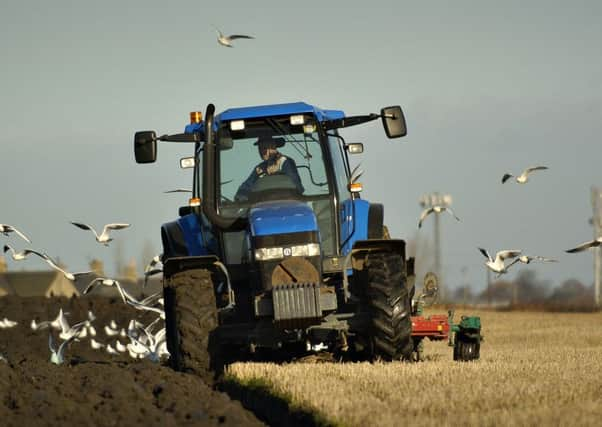Little cheer in the air at agronomy conferences


But while the prospects for increasing returns were thin on the ground, farmers at the Agricultural & Horticultural Development Board’s agronomy conferences were told that routes were still open to improve the resilience of their businesses to see them through the dark days until the next upturn in the pricing cycle. These included growing for alternative markets such as feeding anaerobic digestor plants and reducing costs through integrated crop management systems.
Julian Bell, the SRUC’s senior rural business consultant, told farmers that while it was always difficult to predict world prices, an analysis showed that it would require a drop in production in the region of 80 million tonnes to make a significant dent in world stockpiles.
Advertisement
Hide AdAdvertisement
Hide Ad“And while this can never be ruled out in a world where droughts and political upheavals can derail the best economic forecasts, the signs aren’t there at the moment,” he said.
Bell said that although the low prices would, in a normal market, see production reduced, this wasn’t likely to happen in the short term either.
“While the high fixed cost structure of producing grain in Europe and other developed countries ties farmers into keeping growing grain to cover these overheads, there is often a little bit more flexibility in other areas such as South America and Russia.
“However, there has been a considerable devaluation in the currency of the grain producing countries in these areas – such as Argentina and Brazil, while the Russian rouble has followed suit. This has meant while the world price in pounds or dollars is low, the price received by farmers in either pesos, reals or roubles is still relatively good – so production has not dropped.”
He added that while higher fertiliser and other input prices would normally act as a drag, the low cost of oil and energy meant that the effect was minimal – so production remained high in these areas.
There was little relief when he turned to the domestic situation, where a downturn in the whisky market since 2013 looked set to lead to a 200,000 tonne drop in the combined requirements for soft wheat and malting barley.
